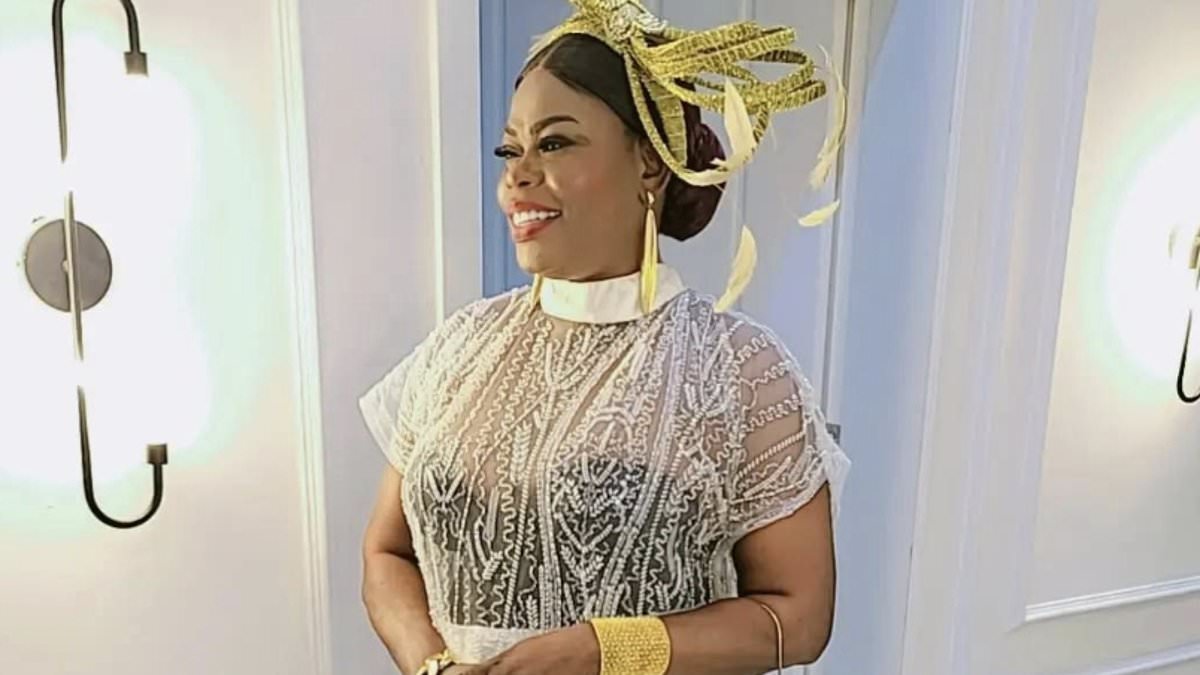
On a fateful New Year’s Eve in 2019, British photographer Angus Thomas had no idea his layover in Dubai would change the trajectory of his life—and the lives of countless others. While searching for medicine for his wife, he encountered a young Nigerian woman who, desperate for freedom, revealed the dark truth behind the glamour and riches often associated with Dubai: a hidden network of human trafficking and sexual exploitation.
The Harrowing Reality of Human Trafficking
What followed was a mission spanning over four years, during which Angus Thomas embarked on a relentless quest to expose the shadows of Dubai’s sex trafficking underworld. The young woman, Amy*, was one of many African women tricked into coming to Dubai under false promises of jobs or a better life. Instead, they were put under the control of Christy Gold, a notorious trafficker who ultimately topped Nigeria’s most-wanted list for human trafficking.
These women, held captive without passports, were forced into prostitution under brutal conditions. “It was like living in a nightmare,” one survivor stated. Many described being crammed into tiny apartments, receiving only a meal a day, and facing gruesome punishments—including the application of hot chili paste if they didn’t meet their daily earnings quota.
The Fight for Freedom
Seeing the anguish of these women, Thomas felt a deep responsibility to take action. Over the course of nine months, he uncovered five separate trafficking rings and helped to rescue several victims, including Amy and eight others. The path was perilous—he faced resistance at every turn, including pushback from local authorities.
Despite his efforts, Christy Gold evaded capture for years—only to be arrested in Abuja, Nigeria, on New Year’s Eve in 2024. However, her court case took a shocking turn: despite being convicted on six counts of human trafficking, she was given the option of paying a fine of just 11 million naira (approximately $7,900 USD) to avoid prison time. Gold paid, sparking outrage among survivors and activists alike.
The Psychological Toll: Manipulation and Control
One particularly insidious method used by Gold to manipulate her victims was through psychological and spiritual control, often referred to as “juju.” This form of spiritual manipulation bound victims in fear, making them believe that escaping or disobeying their traffickers would bring them supernatural harm. Unfortunately, this unique cultural element adds yet another layer of difficulty for authorities and activists working to combat trafficking.
Thomas also highlighted the use of an internal ranking system, where ‘senior’ victims—those who had been under Gold’s control for longer—were tasked with monitoring and coercing newer victims. Over time, some of these seniors even transitioned into becoming traffickers themselves, creating a vicious cycle of exploitation.
Raising Awareness and Offering Hope
Angus Thomas has now dedicated his life to combating human trafficking through The Hope Education Project, an initiative designed to rescue and support survivors while also raising awareness of this global crisis. He continues to advocate for more stringent laws and international cooperation to ensure traffickers like Christy Gold are brought to justice.
If you’re interested in supporting survivors of trafficking, we recommend donating to organizations like The Hope Education Project or exploring products like L’Occitane’s Shea Butter Empowering Collection (buy here), a brand that supports women’s economic empowerment in Africa.
A Call to Action
Human trafficking is a hidden crime that often thrives in plain sight. Thomas urges governments and citizens alike to advocate for justice, offer support to survivors, and remain vigilant against exploitation in all its forms. He emphasizes the simple truth: “I stand with the survivors. I stand with the law. And I will not stop speaking out until justice is done.”
To learn more about Angus Thomas’s work or to contribute to the fight against human trafficking, visit The Hope Education Project’s official page here.



